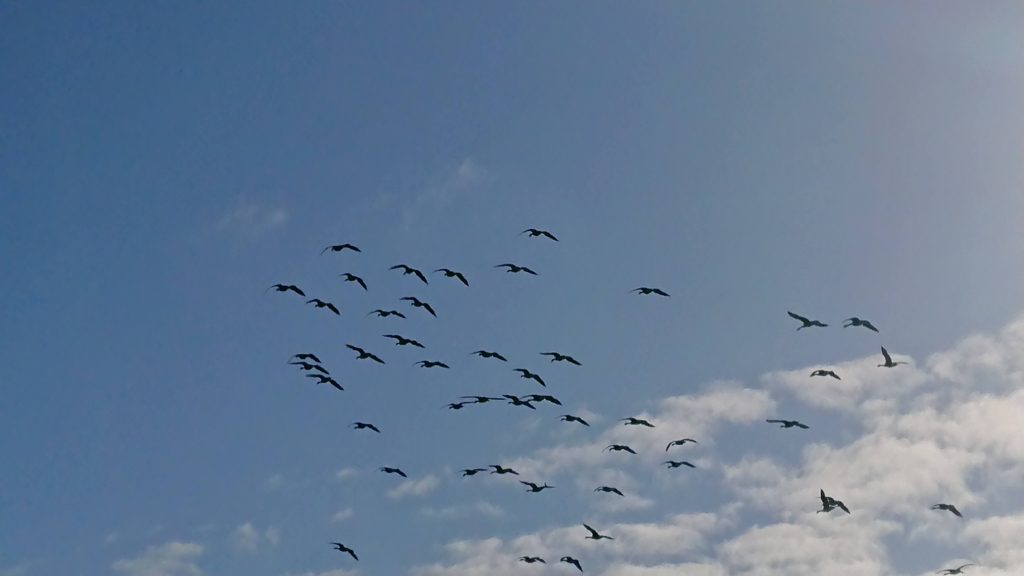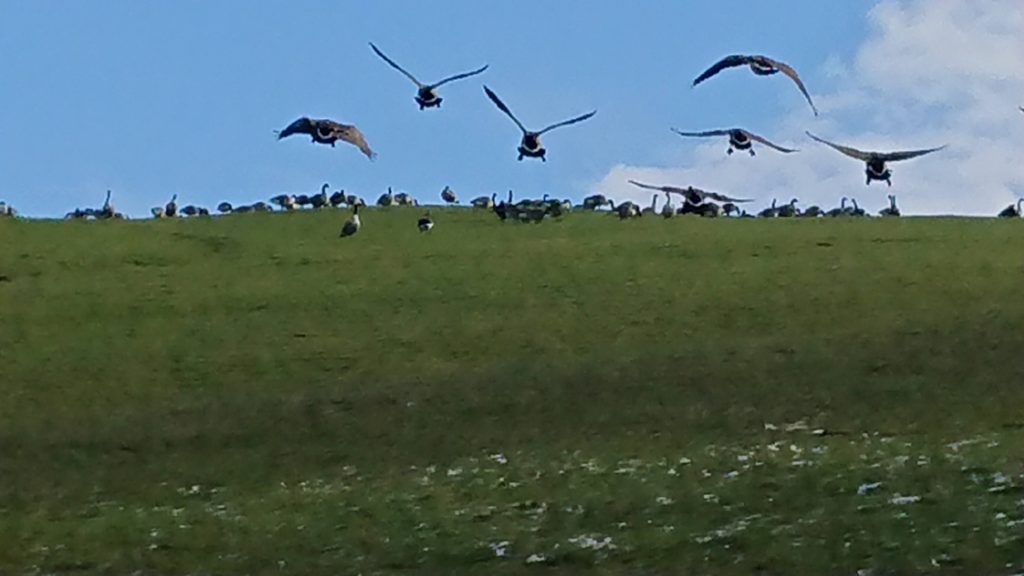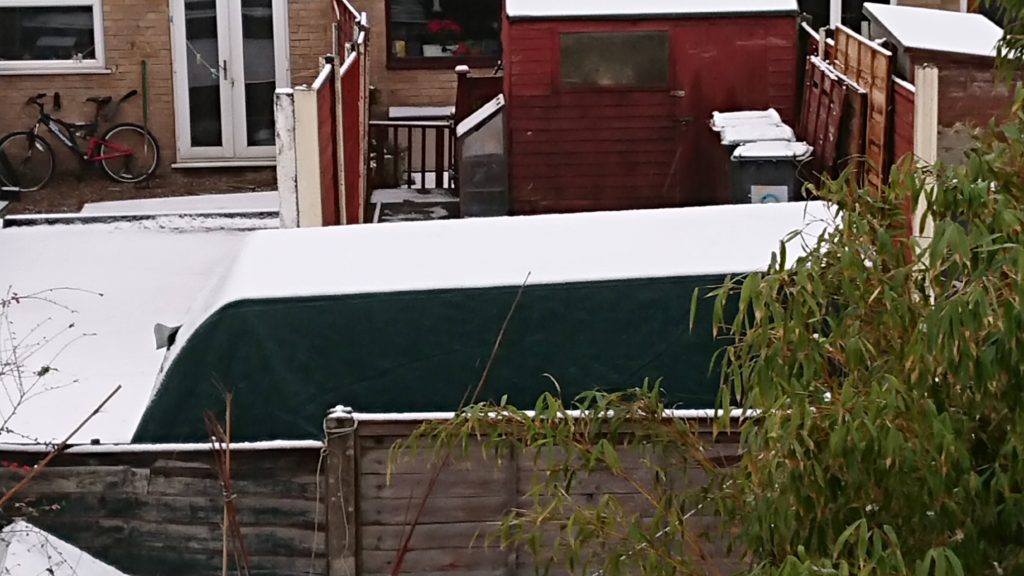Dear Benedict
Most chapters of your Rule include more than one line of thought or instruction, so it can be difficult, in today’s context to see which strand to pick up and follow through. To be children in a monastic community in the 6th century is not something that is replicated today. Our modern education system is very different, but essentially the idea of nurturing young people to take on adult responsibility is a common link. That only leaves us having to decide what adult responsibility might be and who has attained it….
Is spreading fake news a demonstration of adult responsibility, or telling lies in public office , or ramping up international tensions, or renegading on international agreements, or persecuting minorities, or ….(fill in other irresponsible acts perpetrated by adults in the world recently)?
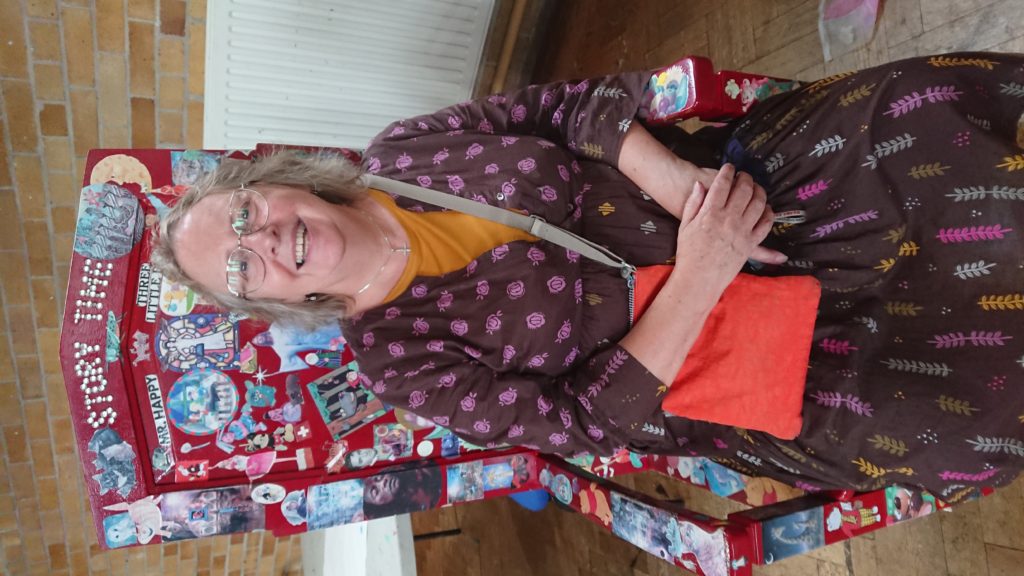
I think our world of adult and child is not a clear cut as you might have thought it in your day, when children stood up for their elders and didn’t sit down again unless given permission (Chapter 63). I don’t mean children today are impolite, far from it. I just think we don’t measure childhood by such things, and adults can be quite impolite anyway.
Play is a key aspect of childhood, but you don’t really mention it, for children or adults in your Rule, which is a shame as I enjoy it a lot. Indeed it is said to be important to our well being. Perhaps you thought some of the aspects of life in the monastery were playful or could be executed in a playful way, like liturgy or gardening. In too many places children never get to play and adults make life grim either directly or indirectly.
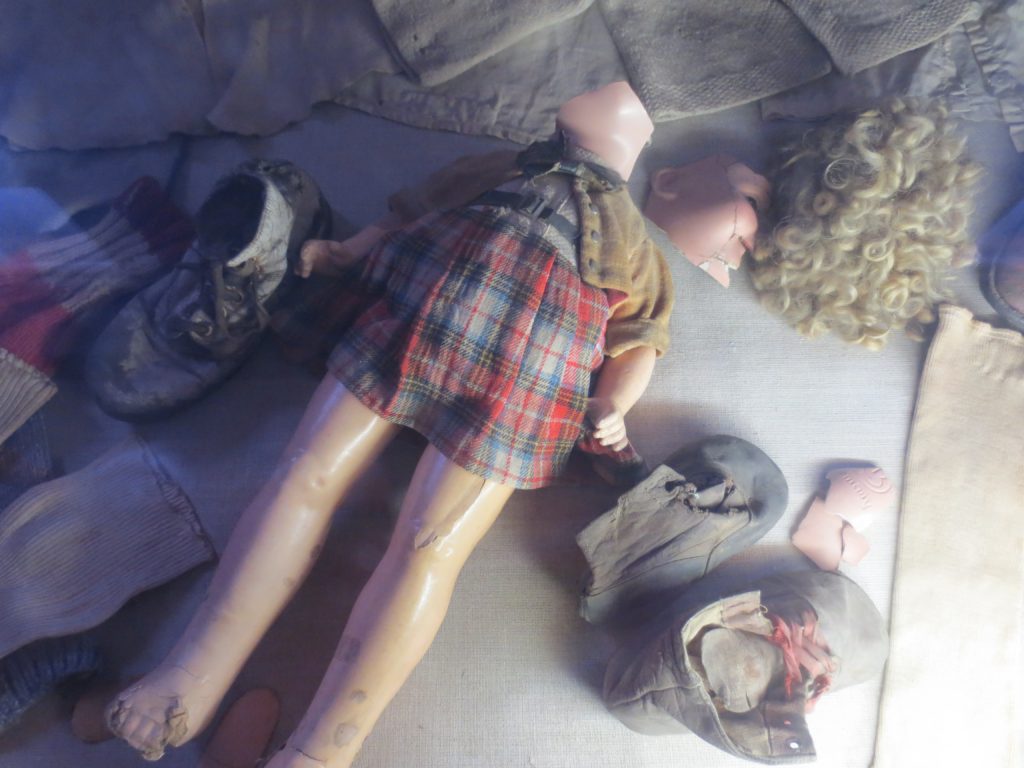
in 2015 I went with some young people to see some of the grimmer side of life with a visit to the former Nazi concentration camp of Auschwitz-Birkenhau. A place were thousands perished and certainly not a place for play, the faces of lives cut all too short and their pitiful belongs have stayed long in my memory, as they rightly should. Our corporate annual remembrance of the horrors of the Holocaust is now something we see through the eyes of those few remaining who were then children and now adults in their 90s.
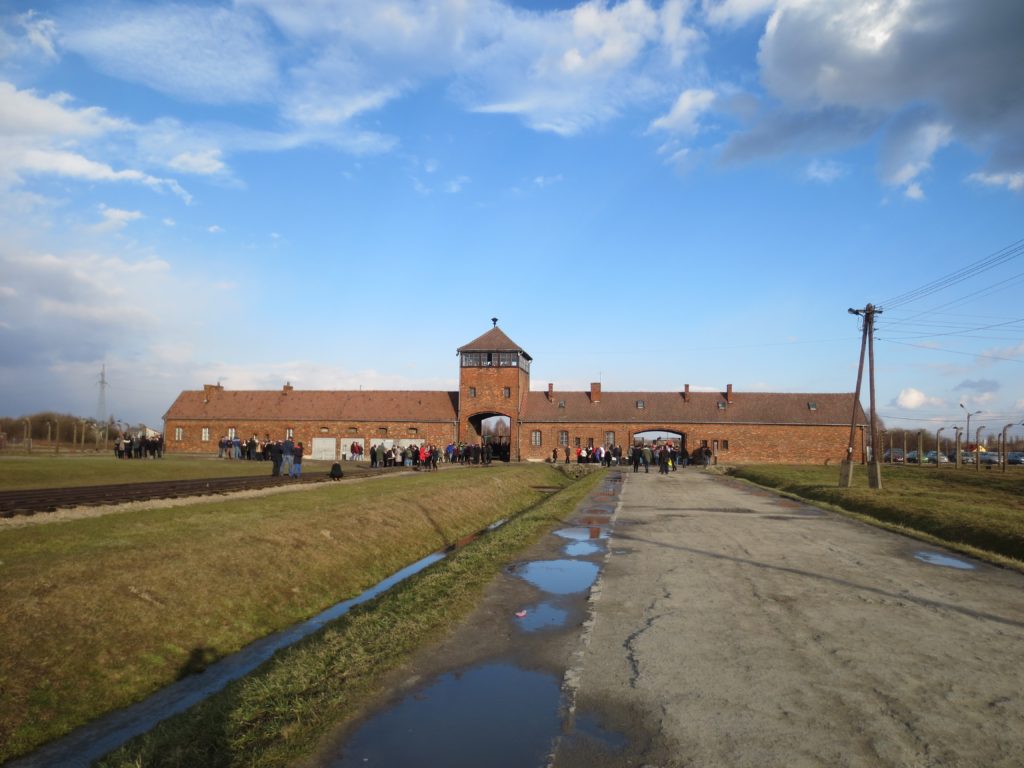
Which leaves open again the question of responsibility. Once the atrocities of the Holocaust were reveal many adults tried to evade responsibility for the events. Many children carried the weight of those events for the rest of their lives. It’s a very big example of the disconnect between adult and child responsibility but one which can find echoes in other ways in every community in which children take responsibility time and again as carers, for people of all ages, or bread winners and workers or peacemakers, often with little adult support.
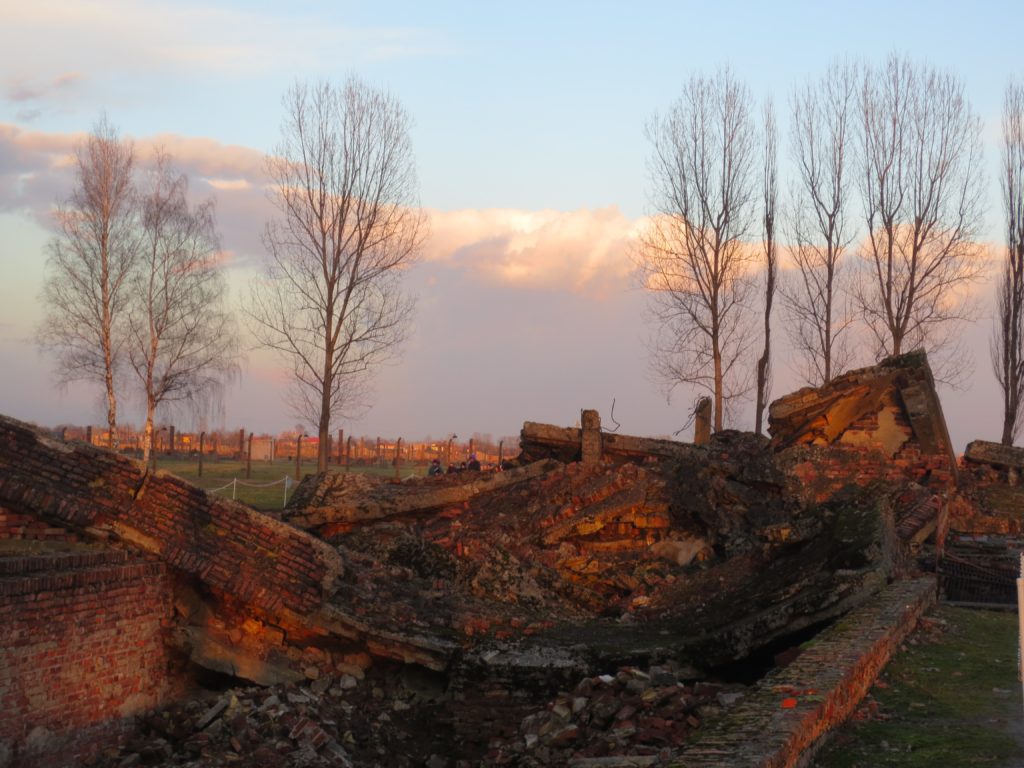
It makes responsibility an everyone thing, especially responsibility for justice.
From my remembered gospel: Let the children come to me.
Shape me to fit my responsibilities, in ways both playful and serious.
From a Friend of Scholastic and a Member of the Lay Community of St Benedict.

